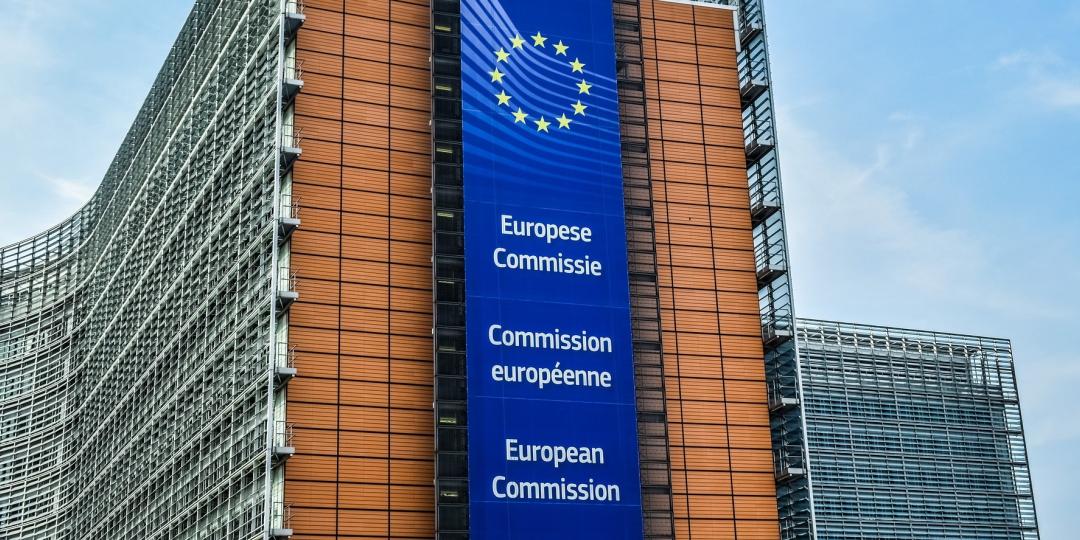The Council of the European Union has adopted a revised recommendation to its member states for COVID-based restrictions on travellers to be based on the individual situation of persons arriving in the EU, and no longer on their region of origin.
The recommendation, to be effective from February 1, states that a traveller’s COVID-19 vaccination, test or recovery status, proved by a valid EU Digital COVID Certificate, should be the ‘key determinant’ of what regulations should be followed.
“A person-based approach will substantially simplify the applicable rules and will provide additional clarity and predictability to travellers,” the Council notes. “Travellers in possession of a valid EU Digital COVID Certificate should not be subject to additional restrictions to free movement.”
Such a certificate shows proof of vaccination of at least 14 days and no more than 270 days have passed since the individual’s last vaccine dose. As opposed to vaccination, the certificate can also show that a traveller has obtained a negative PCR test result no more than 72 hours before travel, or a negative rapid antigen test result from no more than 24 hours prior to travel.
“Persons who are not in possession of an EU Digital COVID Certificate could be required to undergo a test prior to or no later than 24 hours after arrival,” the Council states. This would include South Africa, which is not currently one of the non-EU territories to have joined the EU Digital COVID Certificate system.
Travellers with an essential function or need, cross-border commuters and children under 12 should be exempt from this requirement.
However, the Council notes that member states can also accept other vaccination certificates approved by national authorities or the World Health Organization, which includes those issued by South Africa.
Despite the new guidance, the European Centre for Disease Prevention and Control will continue to update its maps showing risk of COIVID-19 infection per country around the world.
“Based on this map, member states should apply measures regarding travel to and from dark red areas, where the virus is circulating at very high levels. They should, in particular, discourage all non-essential travel and require persons arriving from those areas, who are not in possession of a vaccination or recovery certificate, to undergo a test prior to departure and to quarantine after arrival,” the official statement reads.























